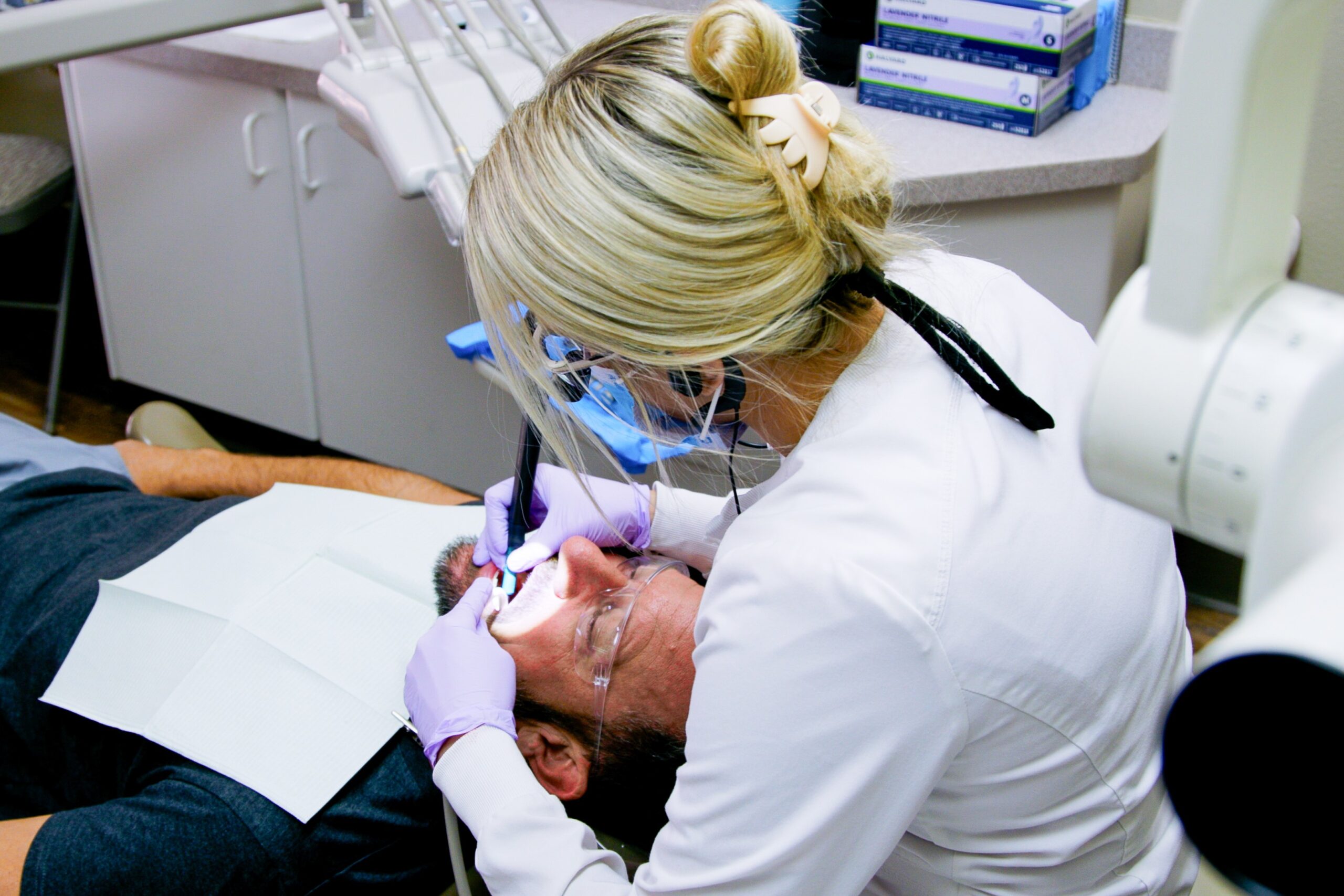Severe Tooth Pain At Night: What It Means And When To Call A Dentist
Waking up to a throbbing toothache can be alarming and exhausting. Pain that intensifies after sundown is a common complaint and often signals an underlying issue that requires professional attention. At St. George Dental Care, we understand how stressful this can be, and we're here to provide clarity and care when you need it most.…


